Although sanctions may not produce immediate desired results, they are achieving three main goals: weakening Russia's military capabilities, cutting off Kremlin's revenue sources, and inflicting costs on Russia's economy. The sanctions have proven to be effective, and intensifying the pressure by implementing the 11th set of sanctions.
The new measures aim to prevent circumvention of the sanctions. They empower the EU to restrict the sale, supply, transfer, or export of specific goods and technology to certain third countries that pose a high risk of circumventing the sanctions. Furthermore, there will be a ban on exporting luxury cars, electric vehicles, and hybrid vehicles.
The 8th package of sanctions will come into force on September 30, 2023, with the exception of certain semi-finished products – square billets and slabs, for which separate deadlines are provided. The import of square billets is prohibited from April 1, 2024, slabs – from October 1, 2024. At the same time, quotas are introduced for the import of square billets and slabs from the Russian Federation.
Transport measures have also been introduced to prevent Russian freight road operators from bypassing the prohibition on carrying goods in the EU.
Moreover, additional Russian media outlets will be banned, and there will be enhanced provisions for information exchange and reporting.
This new package ensures that EU sanctions against Russia will be more effectively enforced and implemented.
The EU remains steadfast in its unity and support for Ukraine, regardless of the time it takes.


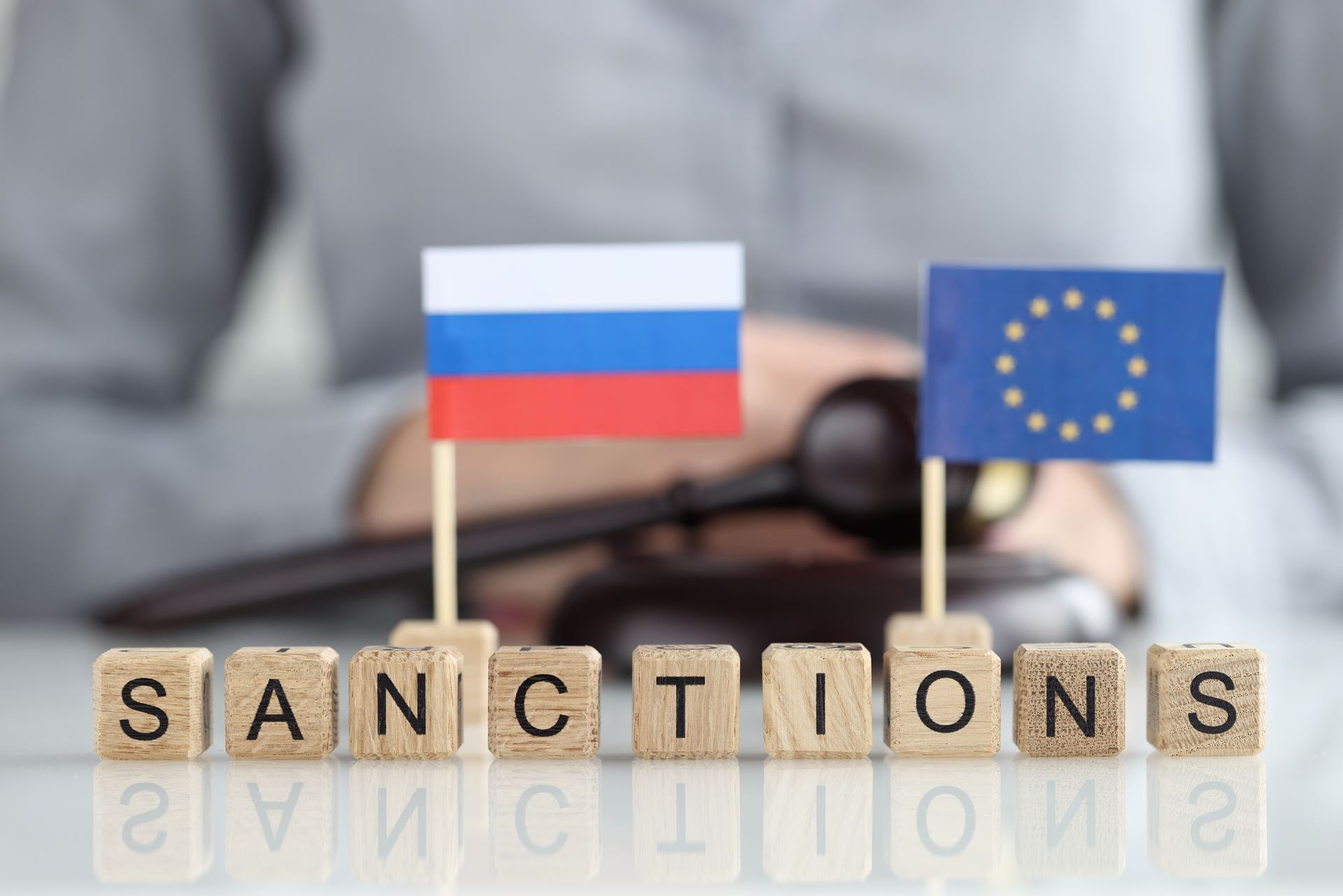

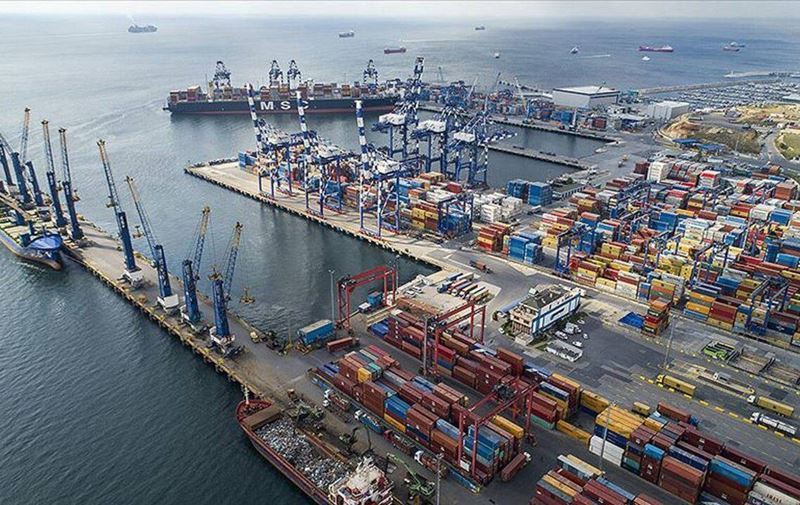
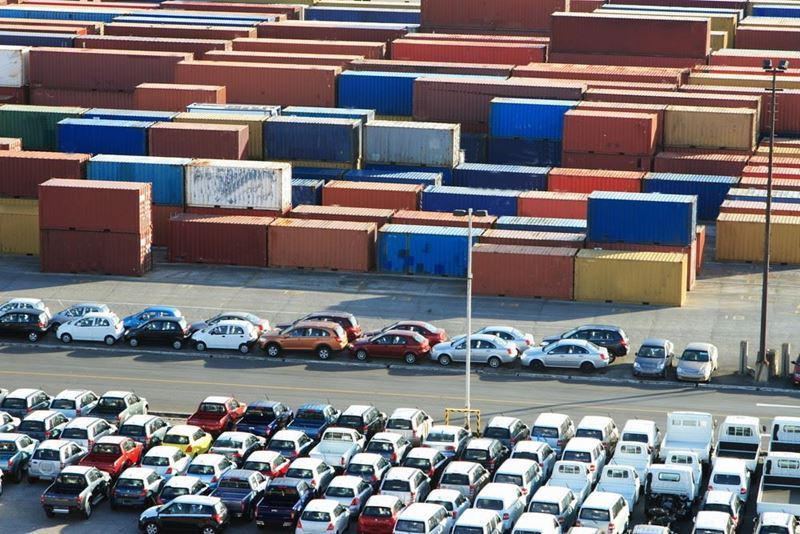
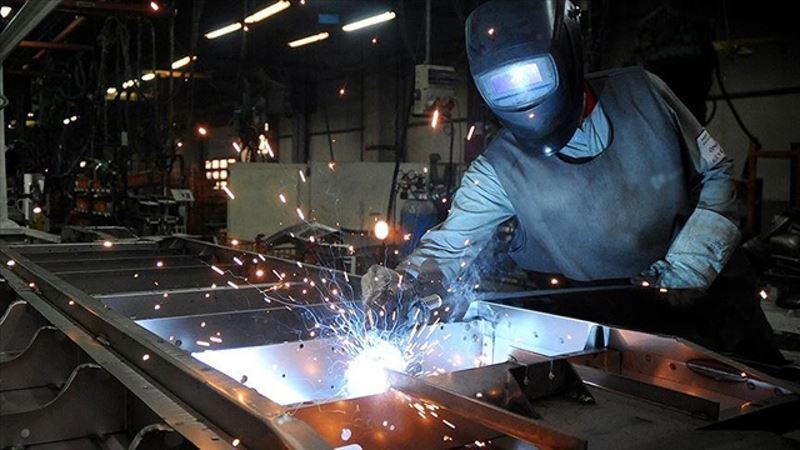
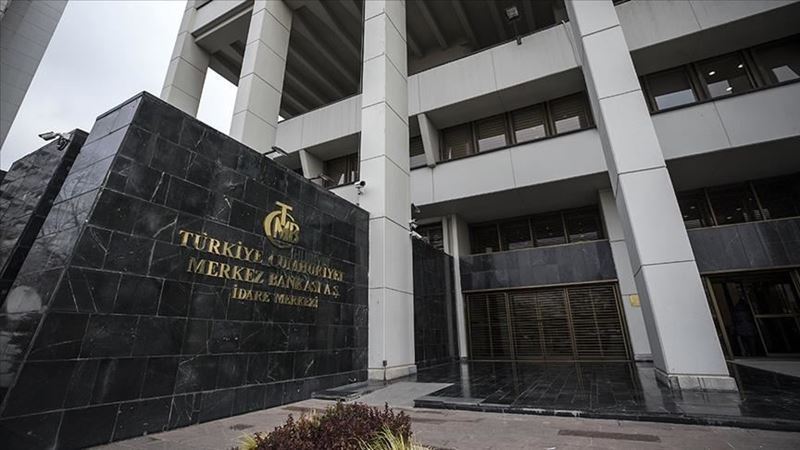

Comments
No comment yet.